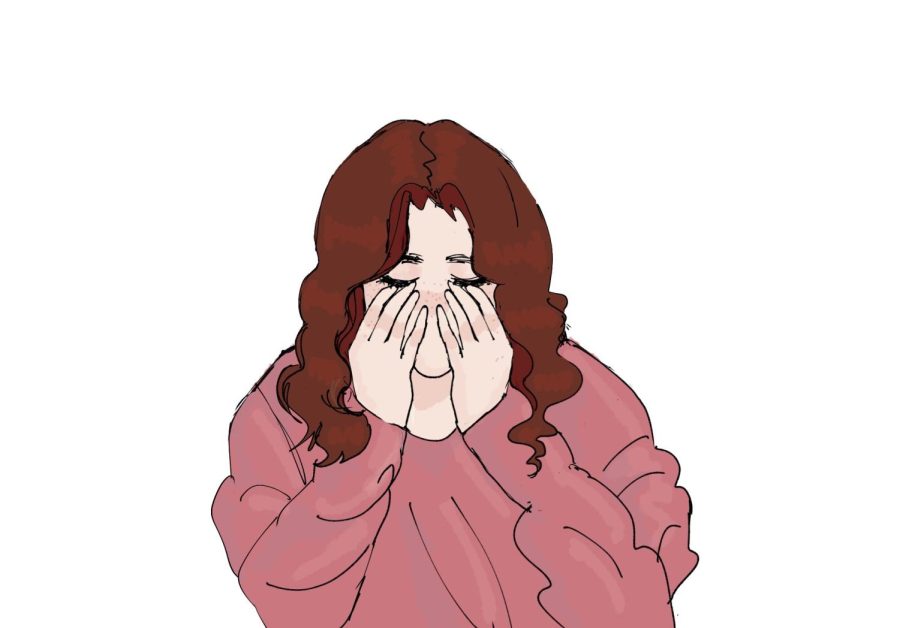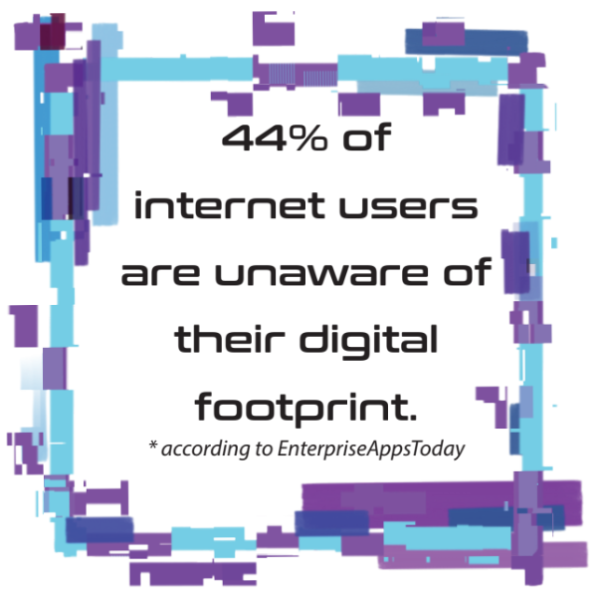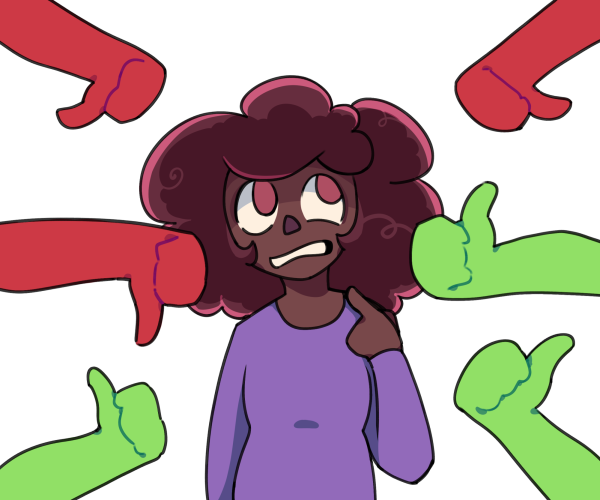Empathy should have its boundaries
November 10, 2022
One of the most significant and defining features of humanity is our capacity for empathy. We associate those we care about and their feelings with our own. We are biologically programmed to have empathy.
However, we as a society often over-identify with someone’s experience and feel their pain too closely.
I frequently find myself in situations where I feel as though I’m living people’s pain with them, taking empathy to an extreme. “I’m here for you” becomes “I’m feeling this with you” and I often feel as though I am living vicariously through other people’s stress.
In situations where those I care about have confided in me and have chosen to share an experience with me that has caused them stress, I automatically feel obligated to take on a problem-solving role. I feel like if I can not solve the problem for them immediately, I have failed them.
While seemingly extreme, a lot of us have been in a similar situation in which we feel bad that we can not do more for someone who is upset. Although it feels like our responsibility to bear the brunt of a loved ones hardships for them, our obligation in these situations is purely to validate the way they are feeling.
When done correctly, empathy enables us to connect on a personal level with those around us and communicate our concerns in an appropriate manner, playing a vital role in establishing and maintaining healthy relationships with others. However, if you can not determine the appropriate level of empathy, you may end up feeling more distressed than the person experiencing their pain firsthand.
Practicing emotional regulation when attempting to put yourself in someone else’s shoes is a highly effective way to ensure you are not treating someone else’s experience as your own. Emotional regulation is the ability to exert control over one’s own emotional state, Psychology Today said. Emotional regulation skills may help you feel, understand, and work better with your own emotions, and good emotional regulation skills can help you recognize someone’s experience without absorbing their challenges. I am a highly sensitive person. Establishing boundaries when attempting to empathize with others without becoming entirely consumed by their emotions has been challenging. However, I try to remember that in situations where someone is expressing their pain to me, I may try to understand their pain, but should not feel responsible for solving their issue or become overly-obsessed with the way they are feeling. I try to remember that my own well-being should come first and encourage you to do the same.
The goal of empathy is to never share emotional anguish but to rather acknowledge and validate whatever emotion someone may be experiencing.













